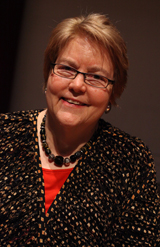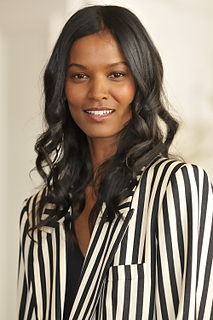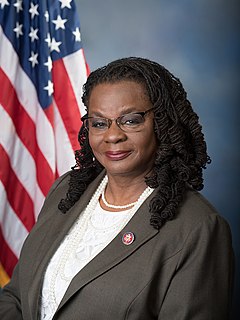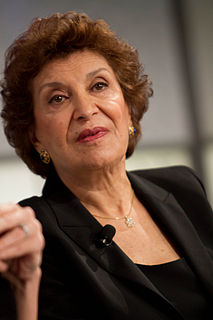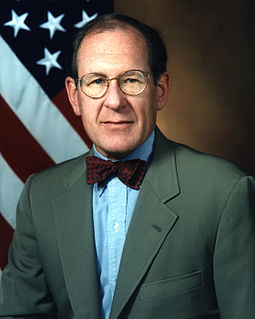A Quote by Antonio Guterres
There is increasing recognition that violence against women is a major barrier to the fulfilment of human rights and a direct challenge to women's inclusion and participation in sustainable development and sustaining peace.
Related Quotes
Violence against women continues to persist as one of the most heinous, systematic and prevalent human rights abuses in the world. It is a threat to all women, and an obstacle to all our efforts for development, peace, and gender equality in all societies. Violence against women is always a violation of human rights; it is always a crime; and it is always unacceptable. Let us take this issue with the deadly seriousness that it deserves.
We have to start looking at the world through women's eyes' how are human rights, peace and development defined from the perspective of the lives of women? It's also important to look at the world from the perspective of the lives of diverse women, because there is not single women's view, any more than there is a single men's view.
I care deeply about women's rights. I have been an outspoken advocate for them for many years and as secretary of state I carried that message around the world because empowering women, providing for women's rights, their full participation in society, politics, the economy is not only a matter of individuals being able to chart their own futures. It's good for democracy and it's good for peace and prosperity.
The challenge of ending displacement is inseparable from the challenge of establishing and maintaining peace. When wars end, farmers return to their fields; children return to school; violence against women declines; trade and economic activity resume; medical and other services become more accessible, and the international focus changes from relief to development and self-sufficiency. All this makes new wars less likely. It is a virtuous cycle that deserves nurture and support.



